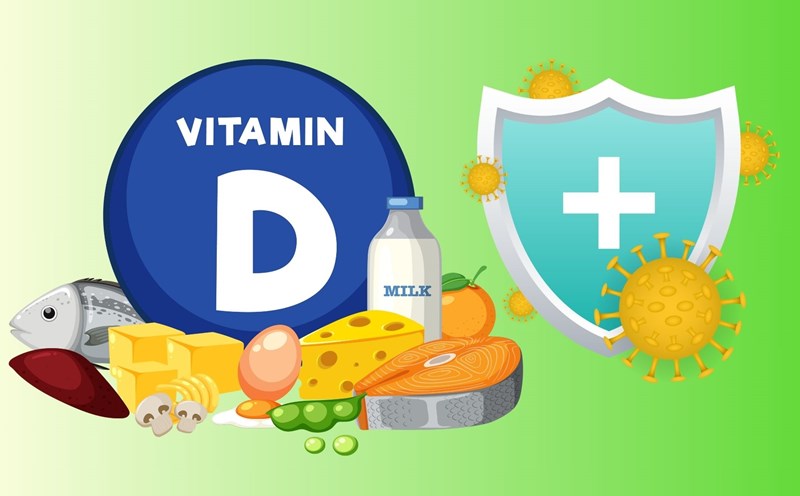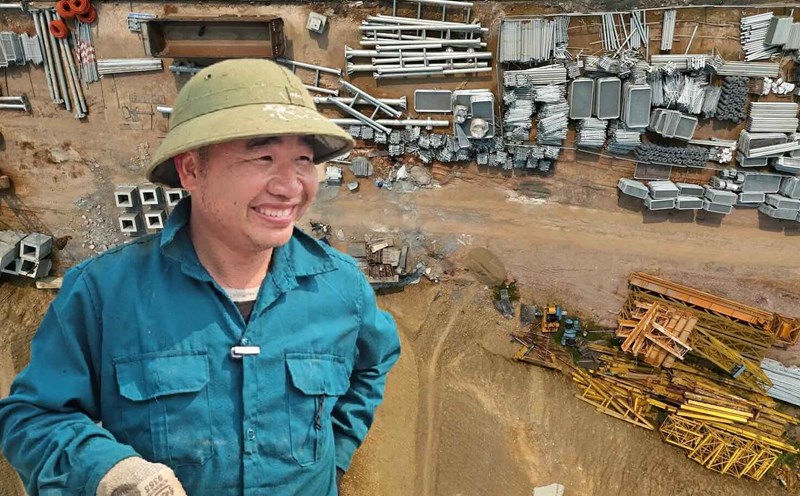One of the natural and easily digestible food sources of vitamin C is ripe papaya. According to research, 100g of ripe papaya contains about 60-70mg of vitamin C, exceeding the daily recommended requirement for children aged 1-6 (about 15-25mg/day).
However, for children to absorb vitamin C from papaya well, processing and eating it properly is very important. Vitamin C is easily broken down when exposed to heat and light. Therefore, according to the World Health Organization's recommendation, papaya should be eaten fresh, not cooked, to preserve the maximum amount of natural vitamin C.
Nutritionists also recommend that parents should supplement papaya for their children after main meals, because vitamin C can increase the ability to absorb iron from food, while helping the digestive system function better. For children aged 6 months and over, papaya can be mashed, mixed with yogurt or banana to enhance flavor and diversify nutrients.
A study from Pediatric Research also shows that children supplemented with vitamin C from natural foods, especially from fresh fruits such as papaya, has the ability to increase collagen production, promote connective tissue growth, reduce the risk of respiratory infections and inflammation.
Papaya is a safe, natural and accessible source of vitamin C for young children. To optimize nutritional benefits, children should eat fresh ripe papaya, without heat processing and after main meals to increase absorption efficiency.
In addition, parents should adjust the amount to suit their age as well as combine it with other fruits to ensure nutritional balance.











